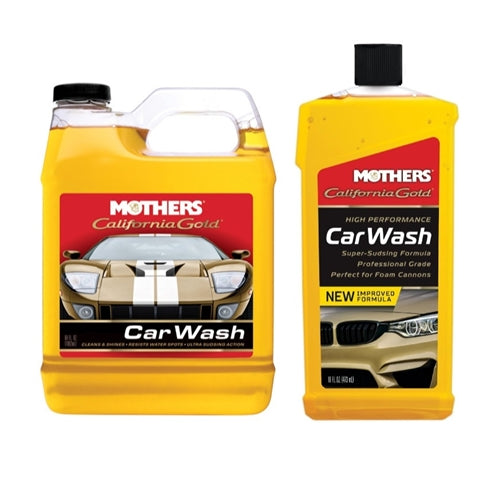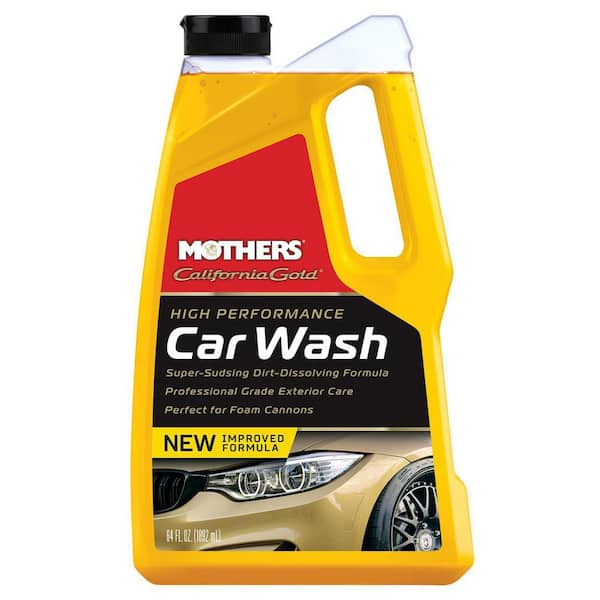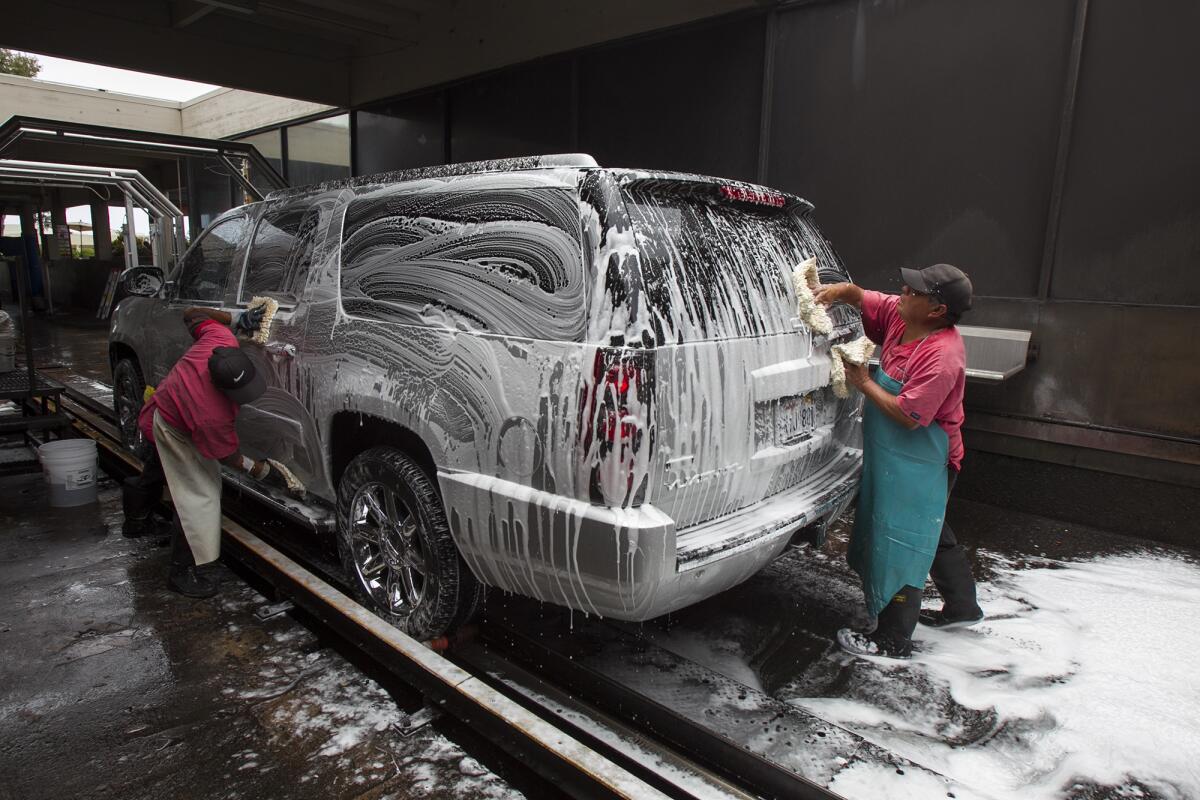Thinking about washing your car at home in California? You might wonder if it’s allowed, how to do it without wasting water, or if there are simple tips to keep your car sparkling clean.
You’re not alone—many California residents want to save money and time by washing their cars at home but worry about rules and water restrictions. This guide will help you understand what’s legal, how to protect the environment, and how to get the best results with easy, effective methods you can do right in your driveway.
Keep reading to discover how you can wash your car at home responsibly and confidently in California.

Credit: www.ms-mooskirchen.at
Car Wash Rules In California
Washing your car at home in California requires following specific rules. These rules protect the environment and conserve water. Knowing them helps you avoid fines and keep your neighborhood clean. California has clear guidelines on how and where you can wash your vehicle safely.
Legal Guidelines
California allows washing cars at home with some conditions. Use a hose with a shutoff nozzle to save water. Soap and water should come from a bucket, not continuous hose flow. Avoid harsh chemicals that harm the environment. Commercial car washes are encouraged because they recycle water and treat runoff.
Local Restrictions
Many cities in California have their own rules. Some ban washing cars on driveways or streets. Others require washing only on grassy areas so water can soak into the ground. Check your city’s regulations before washing your car. Ignoring local rules can lead to fines or penalties.
Water Usage Regulations
Water use is strictly controlled in California. Use water wisely to help fight drought. Limit washing time and use buckets to reduce water waste. Some areas require you to use recycled or captured rainwater. Always turn off the hose when not rinsing your car. Save water and protect your community.
Water Conservation Tips
Saving water while washing your car at home in California is important. Water is a precious resource, especially in dry areas. Simple steps can reduce water use and protect the environment. Follow these tips to wash your car efficiently and responsibly.
Using Shutoff Nozzles
A shutoff nozzle controls water flow. It lets you stop water when not in use. This prevents water waste during scrubbing or soap application. Attach the nozzle to your hose for easy on-and-off control. This method saves gallons of water every wash.
Bucket Washing Method
Use a bucket filled with soapy water to wash your car. Dip a sponge or cloth into the bucket instead of running water. Rinse the car only once or twice with a hose. This method uses less water than continuous hose washing.
Choosing Eco-friendly Soaps
Pick biodegradable and phosphate-free soaps. These soaps break down naturally and do not harm plants or water systems. Eco-friendly soaps clean your car well without polluting the ground or waterways. They are safe for your family and the environment.
Environmental Concerns
Washing your car at home in California has environmental effects. Water runoff from washing carries dirt, oil, and chemicals. These pollutants can harm local soil and water quality. Being aware of these impacts helps protect the environment. Simple actions make a big difference in reducing harm.
Avoiding Pollutant Runoff
Runoff water flows from driveways into storm drains. These drains often lead directly to rivers and oceans. Pollutants from car wash water can harm plants and animals. Using a bucket instead of a running hose reduces runoff. Wash your car on grass or gravel to absorb water. This prevents dirty water from entering the storm system.
Impact Of Chemicals On Soil And Water
Car wash soaps and cleaners contain chemicals. These substances can damage soil health and kill beneficial microbes. Chemicals can also seep into groundwater, affecting drinking water quality. Choosing biodegradable, eco-friendly soaps limits environmental damage. Avoid harsh detergents and degreasers that pollute soil and water. Small changes protect local ecosystems and human health.
Safe Disposal Practices
Never pour wash water into storm drains or streets. Collect dirty water and dispose of it in a sanitary sewer or toilet. Use a commercial car wash that treats and recycles water. Proper disposal prevents pollutants from reaching natural water sources. Following safe practices reduces pollution and supports clean water efforts.

Credit: www.homedepot.com
Alternatives To Home Washing
Washing your car at home in California is common, but there are other ways to keep your vehicle clean. These alternatives save water and protect the environment. They also reduce the effort and mess involved in washing your car yourself.
Commercial Car Washes
Commercial car washes use advanced equipment and soaps. They recycle water to reduce waste. These places follow state rules to protect the environment. Many offer different wash packages to fit your budget. A quick visit here can save you time and water.
Mobile Car Wash Services
Mobile car wash services come to your home or office. They bring all supplies and use eco-friendly products. These services often use less water than home washing. Scheduling a mobile wash means no need to drive or wait. It’s a simple way to keep your car clean.
Waterless Car Wash Options
Waterless car wash products clean your car without water. They use special formulas that lift dirt safely. This method is perfect during droughts or water restrictions. It takes less time and avoids water runoff. Waterless washing is gentle on your car’s paint.
Step-by-step Home Car Wash
Washing your car at home in California can save time and money. It also gives your vehicle a fresh, clean look. Following a clear step-by-step process helps protect your car’s paint and finish. This guide shows you how to wash your car safely and effectively in your driveway.
Preparing Your Supplies
Start by gathering all necessary supplies. Use a bucket, car wash soap, sponge or mitt, hose with a shutoff nozzle, and microfiber towels. Avoid household detergents; they can damage your car’s paint. Have two buckets: one for soapy water and one for rinsing your sponge. Prepare everything before you begin to make washing easier.
Effective Washing Techniques
Begin by rinsing the car with water to remove loose dirt. Wash from top to bottom using the sponge dipped in soapy water. Clean one section at a time to prevent soap from drying on the surface. Use gentle circular motions to avoid scratching the paint. Rinse the sponge often in clean water to remove dirt.
Proper Rinsing And Drying
Rinse the entire car with clean water. Use a hose with a shutoff nozzle to save water. Avoid letting water dry on the car to prevent spots. Dry the car with soft microfiber towels or a chamois. Pat the surface instead of rubbing to protect the paint. Drying quickly keeps your car looking shiny and clean.
Permits And Business Regulations
Starting a car wash business at home in California requires understanding permits and business regulations. These rules protect the environment and ensure your business runs legally. Knowing what permits you need and how to register your business helps avoid fines and legal issues.
When Permits Are Required
Permits are necessary if you wash cars for others at your home. This includes any form of payment or trade. Local city or county offices issue these permits. Environmental permits may also be needed to control water discharge and chemical use. Washing your personal car usually does not require a permit.
Business Registration
Registering your car wash business is important. It makes your business official and allows you to operate legally. You must register with the California Secretary of State. You also need a business license from your city or county. Proper registration helps build trust with customers and authorities.
Tax And Compliance
All car wash businesses must follow state tax rules. This includes collecting sales tax and reporting income to the IRS. You may need to get a seller’s permit from the California Department of Tax and Fee Administration. Compliance with labor laws and safety standards is also required if you hire employees.
Common Mistakes To Avoid
Washing your car at home in California can save money and time. Avoid common mistakes to protect your vehicle and the environment. These errors can cause damage and waste resources.
Washing On Driveways Without Drainage
Driveways often lack proper drainage systems. Washing your car here causes soapy water to flow into storm drains. These drains lead directly to rivers and oceans without treatment. Pollutants from your car harm aquatic life and water quality. Use grass areas or places with drainage that leads to the ground.
Overusing Water
California faces frequent droughts and water shortages. Using too much water when washing cars is wasteful. A hose left running can use over 100 gallons per wash. Instead, fill a bucket with soapy water and use a spray nozzle to rinse quickly. Save water while keeping your car clean.
Using Harmful Chemicals
Many car cleaning products contain harsh chemicals. These can damage your car’s paint and harm the environment. Avoid cleaners with phosphates, bleach, or strong acids. Choose biodegradable and eco-friendly soaps made for car washing. They protect your car and keep water safe from pollution.

Credit: www.latimes.com
Frequently Asked Questions
Can You Wash A Car At Home In California?
You can wash your car at home in California using a shutoff nozzle or a bucket to save water. Avoid letting soapy water enter storm drains, as it is illegal. Commercial car washes with water recycling offer an eco-friendly alternative.
Is It Legal To Wash Your Car In Your Driveway In California?
Washing your car in your California driveway is legal if you use a shutoff nozzle to conserve water. Avoid runoff entering storm drains. Using a bucket for soapy water and rinsing minimally is recommended. Commercial car washes with water recycling offer a more environmentally friendly option.
Am I Allowed To Wash My Car At Home?
You can wash your car at home if you use a shutoff nozzle or wash with a bucket, minimizing water waste. Avoid letting soapy water drain into storm drains. Commercial car washes with water recycling are a better environmental choice.
Do You Need A Permit To Wash Cars In California?
You do not need a permit to wash your car at home in California. Use a shutoff hose nozzle and avoid letting soapy water enter storm drains. Commercial car washes with recycled water are encouraged for environmental protection.
Can I Legally Wash My Car At Home In California?
Yes, washing your car at home is allowed with water-saving methods like a shutoff nozzle.
Conclusion
Washing your car at home in California is allowed with care. Use a shutoff nozzle or bucket to save water. Avoid letting soapy water flow into storm drains. Washing on grass helps protect the environment. Commercial car washes recycle water and reduce pollution.
Keep your car clean while following local rules. Small actions make a big difference for California’s water. Enjoy a sparkling car and help your community stay green.
















